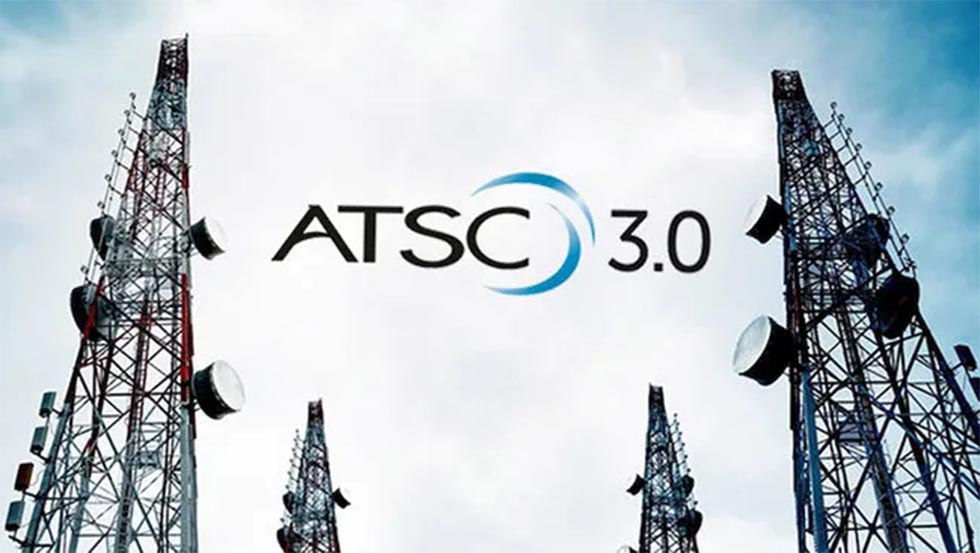NAB calls on FCC to relax ownership rules
The NAB has called on the FCC to discard a rule that bars daily newspapers from acquiring broadcast stations in their markets, and to end a restriction of mergers on radio and televisions stations in the same market.
In another filing, the NAB joined the Network Affiliated Stations Alliance (NASA) to urge the Commission to retain the 35 percent national television ownership cap based on “persuasive evidence” that the cap furthers core communications policies, particularly localism and competition.
The NAB also asked the FCC to change its duopoly rule to allow a TV station to buy a second station in the same market as long as the acquired station has less than a 10 percent share of the viewing audience. Currently, broadcasters can only buy a second station if the deal doesn’t include two of the market's top-four-rated operations, and as long as it results in at least eight independently owned stations.
“In light of the declining financial performance of medium and small market television stations, the Commission should reform the television duopoly rule to allow the formation of duopolies in these markets,” the NAB said in the filing. “A number of factors—including increasing competition from cable and other sources, the costs of the digital television transition, and the decline of network compensation—have combined to squeeze the profits of local television broadcasters in medium and small markets like never before.”
As to the cross-ownership rule between newspapers and broadcasters, the NAB said that with attempts that began in the 1940s, the FCC had never justified the current rule. “It has consistently failed to establish the existence of any competitive or other concrete harms arising from newspaper/broadcast cross-ownership, and the FCC’s entirely speculative diversity rationale for adopting the rule in 1975 can no longer support its retention, given consumers’ ability today to access a much wider array of increasingly substitutable broadcast and nonbroadcast outlets to obtain news and information,” the NAB wrote.
“Indeed, the case for repealing this anachronistic ban is now compelling because it inhibits the development of new innovative media services, especially on-line services that have features of both the electronic and print media, and precludes struggling broadcast and newspaper entities, particularly those in smaller markets, from joining together to improve, or at least maintain, existing local news operations.”
In a separate filing on the station ownership cap, Fox, NBC and Viacom urged the FCC to abandon all media ownership rules and to rely on antitrust regulations to regulate the station marketplace. “Continued regulation of the broadcast media, only one sector in a vast media universe, unfairly and unnecessarily constraints very able and effective competitors and stifles innovation,” the network owners said.
The professional video industry's #1 source for news, trends and product and tech information. Sign up below.
For more information visit www.nab.org.
